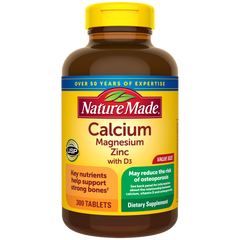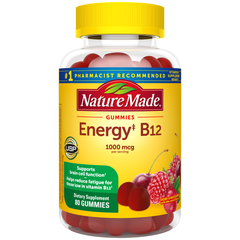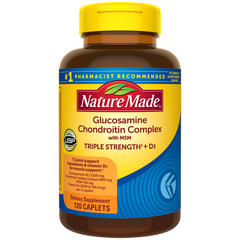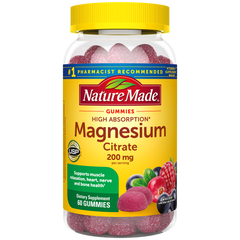Carroll Reider, MS
Scientist, Principal Science & Technology
Carroll is a nutrition scientist and communicator with over 25 years of experience as a clinician, researcher, and educator at major universities, medical centers, and nutrition industry settings. She is a passionate advocate of nutritional health and established the nutrition education and science platforms at Pharmavite. Carroll is an expert in personalized nutrition and has published several scientific papers on vitamin and mineral inadequacies and the impact on health and wellbeing. Prior to joining Pharmavite, Carroll taught nutrition at UCLA Medical School and Santa Monica College and was a chief clinical dietitian and researcher.
Read More
about Carroll Reider, MS




 Beauty
Beauty
 Bone
Bone
.svg?v=1708553623743) Brain
Brain
 Gut Health
Gut Health
 Energy
Energy
 Eye Health
Eye Health
 General Wellness
General Wellness
 Immune Health
Immune Health
 Joints
Joints
 Kids
Kids
 Men's Health
Men's Health
 Mood
Mood
 Prenatal & Postnatal
Prenatal & Postnatal
 Sleep
Sleep
 Stress
Stress
 Women's Health
Women's Health





















